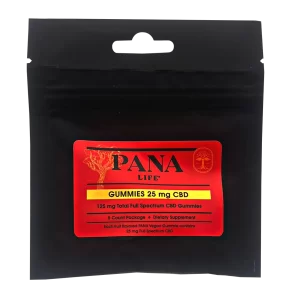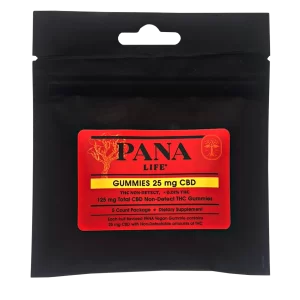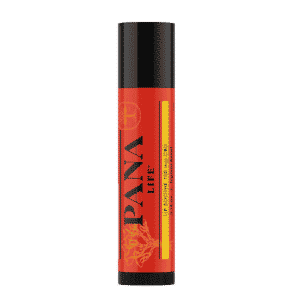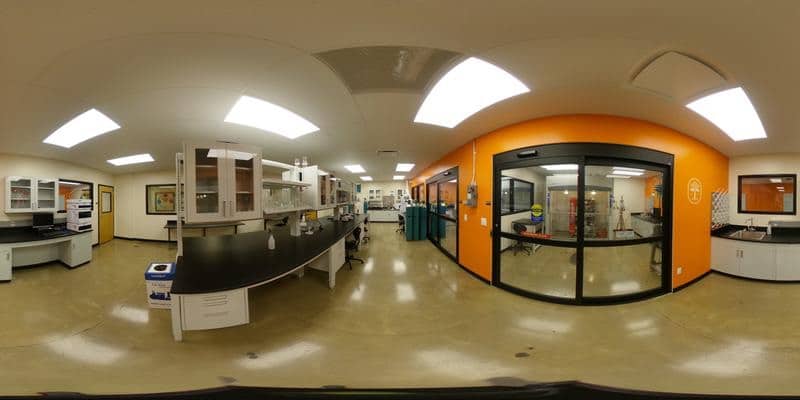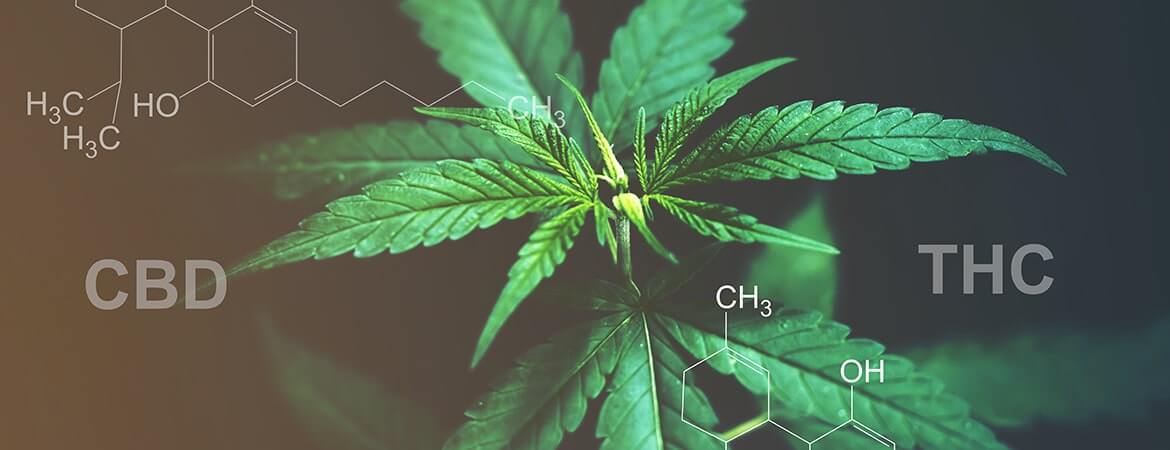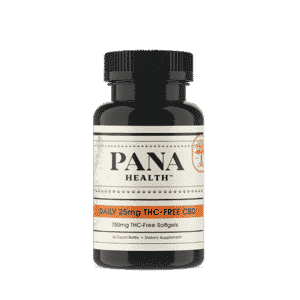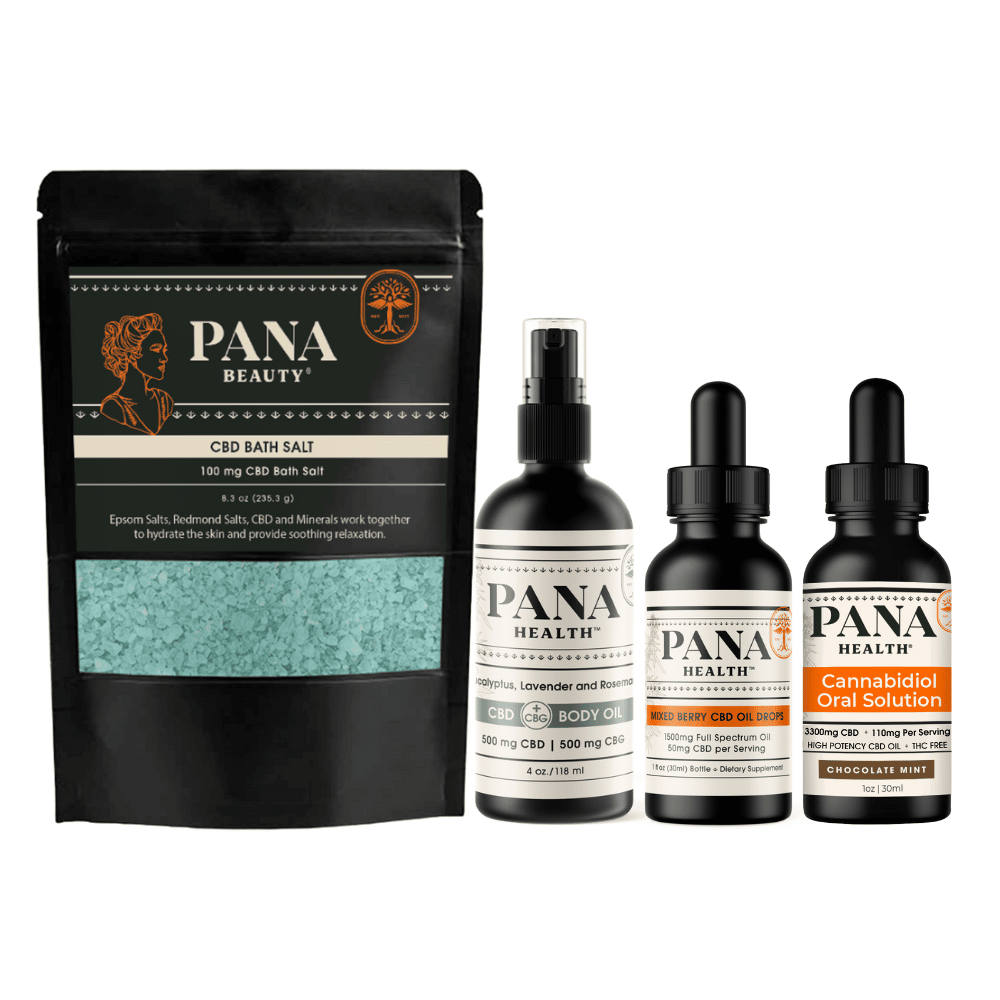There are many products today that feature CBD, and for many good reasons. CBD, which is short for cannabidiol, may have many benefits for human health, including supporting joint health, improving mental well being and, in general, promoting overall wellness. Academic research into these benefits is still in its infancy, but so far, it has results been incredibly promising. Multiple studies are providing supportive evidence for the fact that CBD may have a significant impact on human health.
Due to CBD’s potency and potential, manufacturers have started to add CBD to a wide variety of products. You can find CBD incorporated into oil, tinctures, soft gels, and edibles. More recently, some manufacturers have begun producing CBD water, which, as the name suggests, is simply water with cannabidiol added to it.
At first, this combination seems to make natural sense. Many of the health benefits that come from CBD require regular usage in moderate doses. By adding CBD to water, it helps ensure that people will be able to take CBD with regularity.
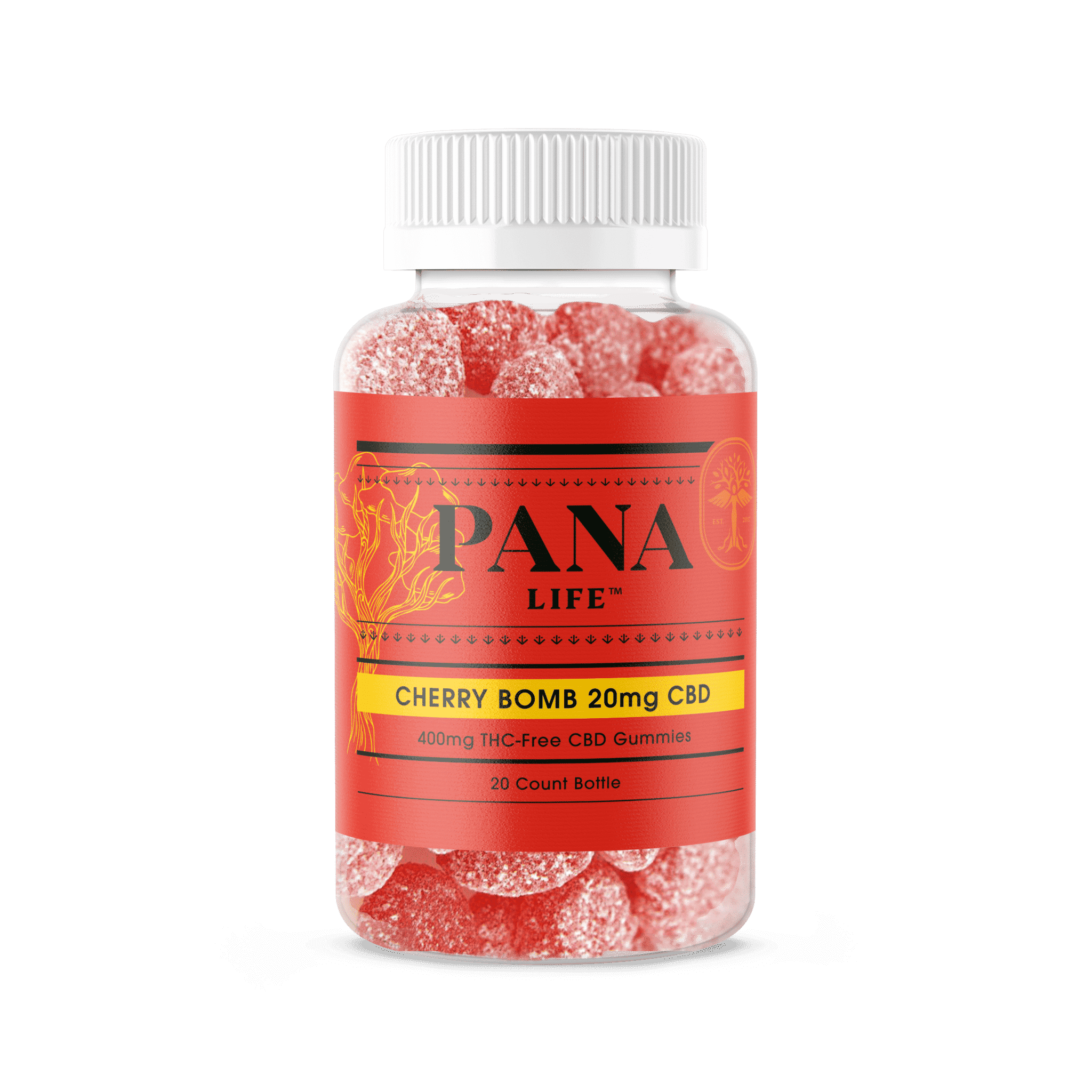
However, while it makes sense on a superficial level, the science doesn’t entirely support people consuming CBD via this method. To understand why this is the case, let’s look at how manufacturers produce CBD water, why it’s not the most optimal intake solution, and what people might want to choose instead.
What Is CBD Water?
CBD water is what the name implies – water with cannabidiol added into it. Manufacturers take regular water, add CBD, then bottle it. They then typically take this finished product and sell it at a significant premium. While a bottle of water might cost a dollar or two at the grocery store, a bottle of CBD water will, on average, run cost $5 or more.
The process of adding CBD to products is fairly standard. All CBD sold online and at retail outlets comes from Hemp. Hemp is simply a legal designation for a specific subset of cannabis plants that contain less than 0.3% THC, the psychoactive compound found in Marijuana. If the THC amount exceeds 0.3%, then the US government considers it to be Marijuana. Both Marijuana and Hemp contain CBD, but only CBD extracted from Hemp is legal to be sold within most US jurisdictions.
Once manufacturers have extracted CBD from Hemp, the process of creating a CBD product is fairly straight forward. Manufacturers need to first separate all the cannabinoids (CBD is a cannabinoid, as is THC) from the plant itself. To do this, they frequently use either ethanol or carbon dioxide to extract the cannabinoid-rich oil from the plant that will include CBD, THC, CBN, other minor cannabinoids and terpenes (the compounds that give Cannabis its distinctive aroma). If you are purchasing CBD oil, manufacturers refer to this as full-spectrum oil because it contains a plethora of cannabinoids and other beneficial compounds.
After completing the extraction process, manufacturers will purify the CBD away from other compounds creating CBD isolate. This is a white powder that is odorless and has a slightly bitter after taste. The process of creating CBD isolate is either through solvent precipitation or another process called chromatography. Both methods will result in pure CBD in a crystallized form that formulators can dissolve into many products, including water. Manufacturers will then take that CBD isolate, add it to a bottle of water, and sell it on the market as “CBD water.”
The Good and The Bad of CBD Water
At its core, CBD water is not necessarily a poor product. It permits users to take CBD, which has many health benefits. By drinking CBD water, you’re gaining access to some of the beneficial aspects of CBD in a way that is certainly healthy and easy to make into a habit.
The issue with CBD water comes down to two aspects: delivery, quality control, and price.
While ingesting CBD is undoubtedly always worthwhile, including CBD within water bottles is one of the most inefficient delivery mechanisms for a couple of reasons. CBD is relatively stable; however, it is still possible for many of the beneficial components in hemp oil to break down when exposed to light. The vast majority, if not all, water bottles are transparent and, once they hit grocery stores, people place them under bright lights. This constant light exposure may result in a breakdown of the CBD particles, which decreases the concentration of CBD you would consume, which reduces effectiveness. The second issue is that exposure to oxygen also degrades CBD. Again, within the context of a water bottle, the moment you open the bottle, a rush of oxygen gets to the water. That oxygen will degrade the CBD and, again, result in a less effective product.
Most CBD water is packaged into plastic bottles. CBD is naturally water-hating (hydrophobic), meaning that it is marginally soluble in water. This is why CBD water has pretty low concentrations of CBD, typically 10 mg in a 500 ml bottle. Because of its hydrophobic properties, the CBD in the water will bind to the plastic, significantly decreasing the CBD content in the water you have purchased. In some cases, the CBD concentration in the water due to this plastic binding issue is reduced to zero!
The third problem with CBD in water bottles is the price. Manufacturers typically sell these bottles for $5 or more. Often, they contain very little CBD. They might contain at most 10mg in a 500 ml bottle. Research suggests that you need at least 15mg per day to achieve potential health benefits.
This low dosage to cost ratio makes CBD water a relatively expensive way to consume CBD. Some CBD is undoubtedly better than no CBD, but if you’re looking for maximum effectiveness at a quality price point, then having this compound added to water probably is not the best product for you.
What Are Natural and Manufactured Alternatives to CBD Water?
If you decide that CBD water is not right for you, then you should know that there are many alternatives, including CBD oils, creams, and edibles from which you may choose.
If you’re looking for improving mental well being, then CBD oil or CBD edible might benefit you. If, on the other hand, you’re looking for a product to support joint health, then a CBD cream or another kind of topical product is likely the best option.
You should choose a product that will allow you to routinely add CBD to your health regimen. You may bake CBD cookies, for example, but consuming a cookie every day to obtain cannabidiol is not a particularly great long-term strategy. (or perhaps it is if you are a cookie fiend!)
If you’re looking to start taking CBD daily and want to take it with water (for example, you might want to have your CBD with meals), then one option you might want to consider are soft gels. Much like medicinal pills that you buy for colds and flu or fish oil gels, these pills provide a consistent dose of CBD in a pre-measured format. If you’re looking to take 15mg of CBD per day, then you may consume whatever gels are necessary to achieve that intake amount.
These gels let you take CBD with water but solve both problems of CBD-infused water. Since the soft gels are not clear, and they’re in a pill bottle, the CBD compounds remain intact and don’t have issues with light exposure. Furthermore, since it’s inside the pill, the oxygen of the air never gets to them, so the CBD never degrades that way either.
CBD soft gels are also very cost-effective compared to CBD water. You still may take CBD habitually with water, but by keeping it separate, you wind up with a better overall product.
What Are the Potential Health Benefits of Continual CBD Consumption?
The research into CBD use is still preliminary, however much of it has been incredibly promising. People typically consume CBD one of two ways. Either they’re looking for a needed sense of calm or pain-relief (these people often take CBD by placing it sublingually under their tongue), or they want the long-lasting potential benefits that come with sustained intake.
Often, people who are looking at taking CBD water or CBD soft gels fall into the latter category. They want the potential health benefits on a sustained basis, not for a short term effect. For people who are considering soft gels, it’s essential to understand what some of those benefits are!
Possibly Reduce Anxiety
Research has shown that CBD may be able to reduce anxiety. One study looked at participants taking CBD for a sustained period and noted that 79.2% of patients had lower anxiety scores by taking CBD. The same study also indicated that 66.7% of patients with insomnia reported better sleep. It is worth noting that many people do not think that CBD is solely responsible for the increase in sleep. Instead, CBD reduces anxiety, which helps people sleep better. If you suffer from Generalized Anxiety Disorder, you likely already know how difficult it could be to fall asleep at night. By reducing your anxiety, you may be able to sleep faster and wake up more refreshed every morning!
Reduce Chronic Pain
There is a relatively significant body of evidence that suggests that CBD is a potent anti-inflammatory. CBD creams are notorious for helping with inflammation. However, taking CBD orally also acts as an anti-inflammatory.
If you have autoimmune disorders (examples of this would be rheumatoid arthritis, multiple sclerosis (MS) or psoriasis), then CBD is an alternative to explore to inflammation and provide you with the relief you need.
Neuroprotection
One emerging area of research are the potential neuroprotective properties of CBD. This term essentially means that CBD may stimulate the growth of new neurons and may help reduce damage to the brain. There is some emerging research that CBD may have protective benefits for people who have Amyotrophic Lateral Sclerosis (ALS), MS, or Parkinson’s disease. Again, more research will help illuminate how effective CBD is for these diseases, but the initial results are promising.
CBD: A Possible Antioxidant
You may have heard the term “antioxidant” before. Chemicals that enter into the oxidization process in our blood can emit free radicals. These will do damage to our cells and could cause a whole slew of potential issues. If these free radicals cause damage to our hearts, they may cause serious problems (like a heart attack or congestive heart failure). Free radicals have been suggested to cause numerous brain disorders. An antioxidant prevents this process from occurring, which helps keep our hearts and other organs healthy.
When you ingest CBD, it enters into the blood. How much comes into the bloodstream depends on how you take it. Once in the blood, it works is an antioxidant, meaning that it may help stop the oxidization process. By preventing this process, it could help guard your organs and keeps them in better shape for much longer!
It Is Important to Take CBD Regularly
You will not receive many of the health benefits listed above with a single dose of CBD. You won’t receive them even by taking a little bit now and then. Just like with fish oil and other supplements, you likely need to take CBD every day to have these long-term potential health benefits. The occasional dose here and there might make you feel better, but it won’t provide you with the same effect as having CBD regularly.
For many people, taking CBD every day and measuring dosage is challenging to do with the oils. As such, most people turn to alternatives, like CBD soft gels, to take a consistent therapeutic amount each day. Of course, if you’d prefer to use oils or add CBD to edible treats! The key, though, is consistency. No matter how you take CBD, just make sure that you have some every day!
CBD Water: There Are Better Natural and Better Alternatives
CBD water is a product that initially sounds amazing until you dig deeper into what it contains and the science behind it. Initially, it seems like a fantastic way to consume some CBD regularly without having to deal with oils, tinctures, and other products. It’s a way to have CBD in the healthiest product you’ll already consume – water!
However, due to CBD’s volatility with light and oxygen and packaging, putting CBD in water is flawed. The natural or artificial light will cause it to break down, and the oxygen will also cause problems. This form of consuming CBD is a fad and marketing gimmick that doesn’t have the same scientific backing that other types of products.
If you’re looking to take some CBD daily and have a measured dose look into soft gels or tablets. You may take soft gels with water, and they don’t have the same drawbacks as putting CBD directly into the liquid. Alternatively, you may also use oils, edibles, or tinctures. The key is to take it consistently. You simply need to pick the method that works best for you!



